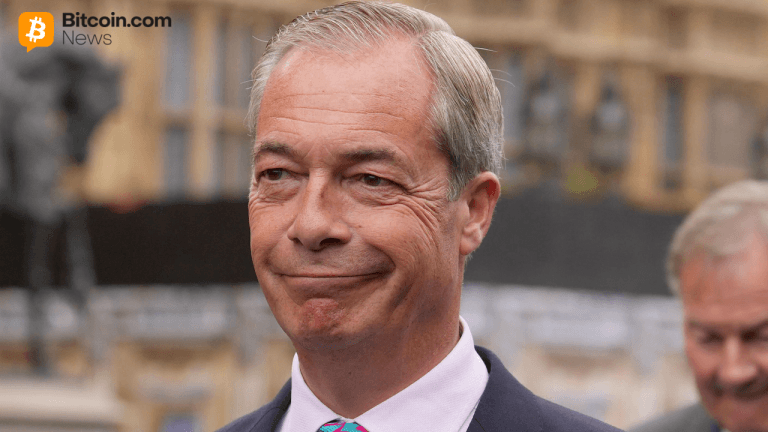Deutsche Bank pressed by ECB to name successor to Achleitner
3 min readEurope’s top banking regulator is pushing Deutsche Bank to find a successor to chair Paul Achleitner, who will leave in May 2022 when his second five-year term expires.
The European Central Bank has repeatedly urged Germany’s largest lender to come forward with a clear succession plan in recent months, people briefed on the matter told the Financial Times.
“Corporate governance is a key regulatory priority [for the ECB],” one of the people said, adding that the succession was a key matter for discussion between the bank and the regulator.
The person added that the ECB wanted to be involved in the decision but was concerned that Deutsche would present the nomination as a fait accompli ahead of next year’s annual shareholder meeting.
Reuters was first to report the news. Both the watchdog and the bank declined to comment.
Achleitner will leave Deutsche next year after a difficult 10-year stint in which Deutsche reported €12bn in cumulative losses, raised €19.5bn in new capital and announced five strategic reorganisations.
Its shares have lost 60 per cent of their value over that period. However, since Christian Sewing was appointed chief executive in 2018 and embarked on ambitious cost-cutting and a partial retreat from investment banking, performance has improved.
The Achleitner succession is being handled by Mayree Clark, a member of Deutsche’s supervisory board since 2018 and the founder and former managing partner of US-based investment fund Eachwin Capital.
She replaced Achleitner as head of the supervisory board’s nomination committee last summer.
The bank has clashed with regulators over governance a number of times in recent years. In 2019, the ECB vetoed the nomination to Deutsche’s board of Jürg Zeltner, a former senior UBS banker who was also the chief of Qatari-backed European private banking group KBL, a direct competitor of Deutsche.
Regulators also pressed Sewing to give up his role as head of the investment bank, a change that was eventually announced earlier this year.
In April, German regulator BaFin publicly rebuked Deutsche for poor anti-money laundering controls. The watchdog broadened and extended the mandate of a special representative parachuted in to the bank in 2018 to monitor the lender’s progress on tightening its internal controls.
People familiar with Deutsche’s succession process said that Clark had been in regular contact with the ECB.
Internally, three members of the bank’s supervisory board — dubbed “the three Ws” — have been seen as potential candidates: Deutsche Börse’s chief executive Theodor Weimer, former PwC Germany boss Norbert Winkeljohann and Volkswagen’s former chief financial officer Frank Witter.
Weimer could only take up the role if he resigned from Deutsche Börse, where he has a contract until 2024. At a press conference earlier this year, he dismissed the idea, saying it was “not at all a topic of discussion” that he could succeed Achleitner. Weimer declined to comment through Deutsche Börse.
Winkeljohann is already the chair of German chemicals’ giant Bayer and a member of two other supervisory boards.
Witter, who was head of Volkswagen’s financial services arm before becoming chief financial officer, joined the Deutsche board only last month. Neither immediately responded to an FT request for comment. Achleitner and Clark declined to comment.
The news that the ECB is dissatisfied with Deutsche’s handling of the succession process is another problem in a week where two senior bankers resigned over an investigation into the potential mis-selling of foreign exchange derivatives that pushed corporate clients into financial distress.
In addition, Deutsche warned investors on Thursday that a court ruling on bank account fees in Germany would blow a €300m hole in its full-year profits. Chief financial officer James von Moltke also hinted that Deutsche might miss its 2022 cost-cutting target as next year’s bank levy is likely to be higher than previously planned.






